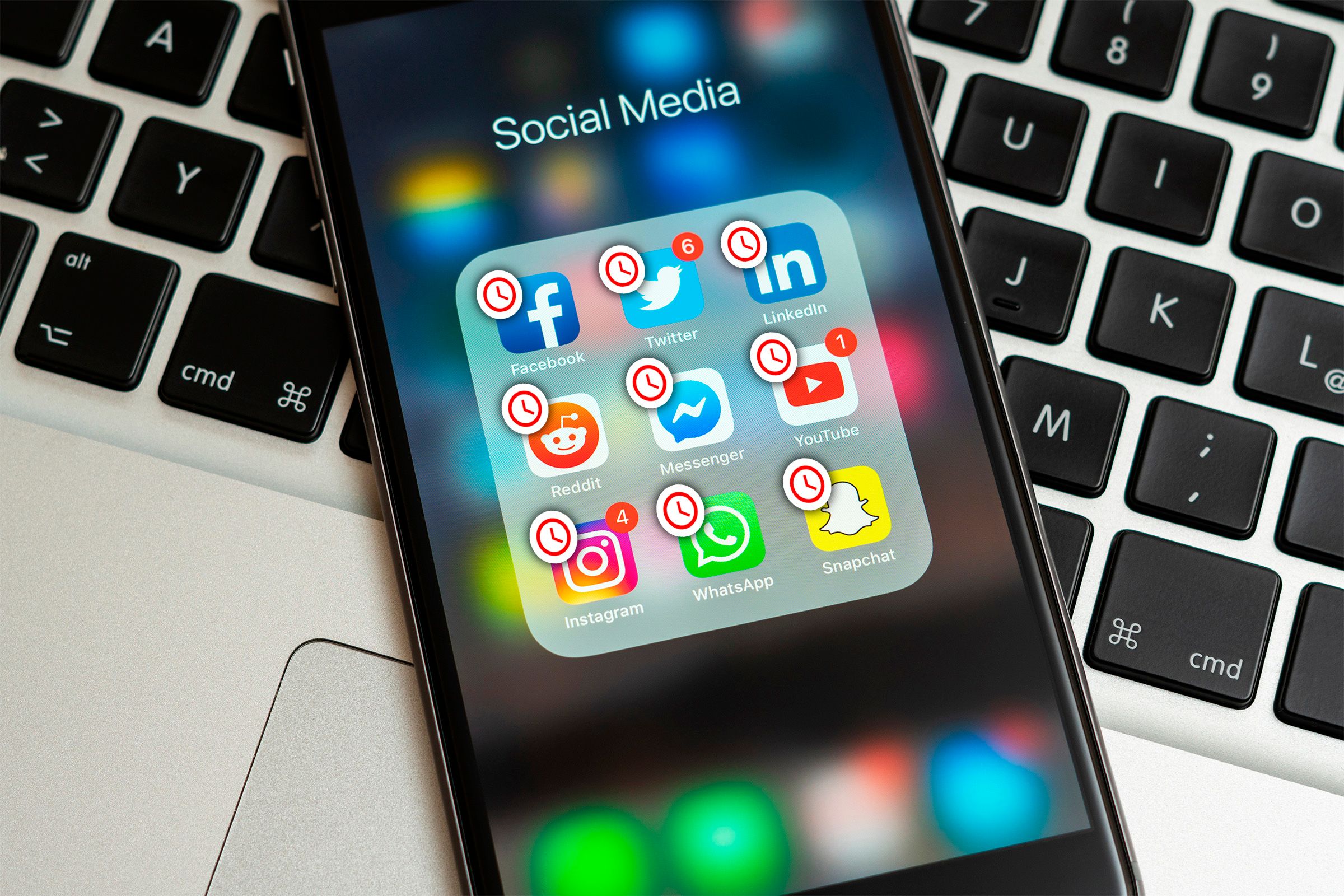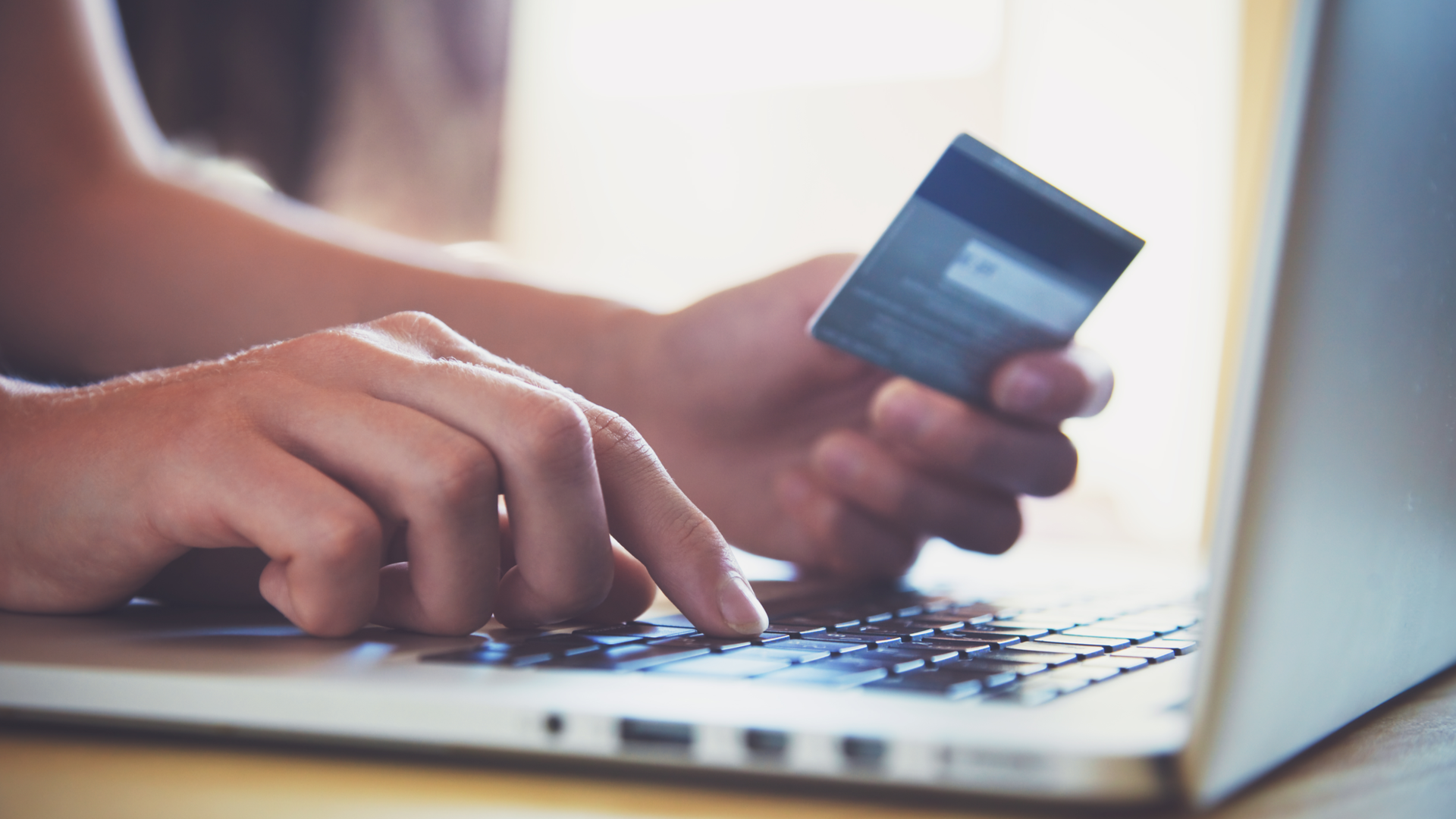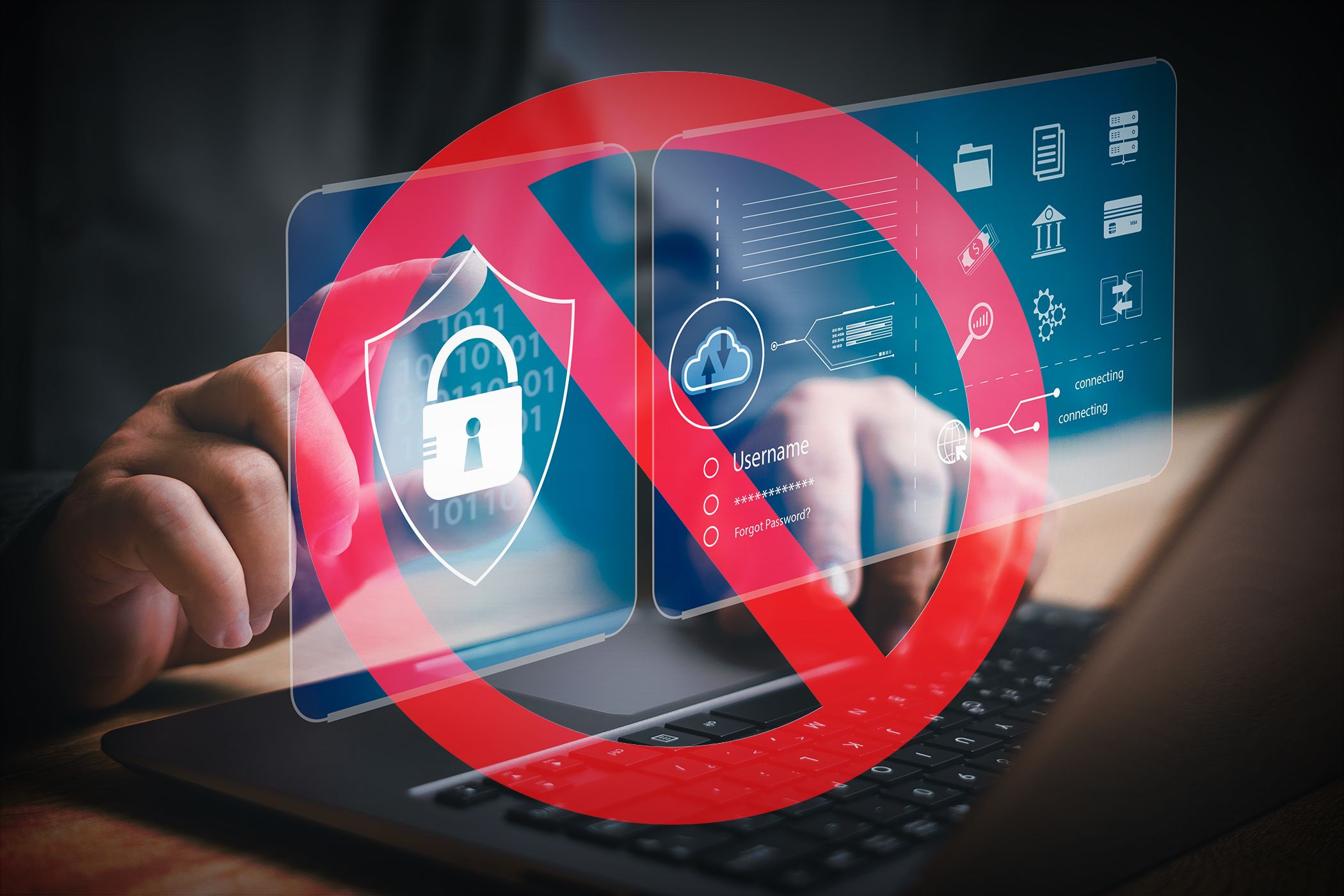Key Takeaways
- Secure your email accounts with 2FA to protect linked accounts and add an extra layer of protection to your social media accounts.
- Protect password managers to prevent hackers from accessing your stored passwords, safeguard data stored in the cloud, and don’t overlook protecting your shopping accounts.
- Lastly, protect your work-related accounts to prevent putting your job at risk. Likewise, fortify your financial accounts to ensure the safety of your finances.
Two-factor authentication adds an extra layer of security and keeps your account protected even if your password is compromised. While it’s advisable to enable two-factor authentication on all accounts that support it, here are some accounts that should always have this extra layer of protection.
1 Use Two-Factor Authentication to Protect Your Email
Email accounts serve as recovery or verification methods for our online accounts. If your email is compromised, hackers can reset the passwords of linked accounts and gain access to them.
Additionally, your email account likely holds confidential information, including personal documents, financial statements, and company correspondence that you’ve shared with your contacts. Hackers who gain access to this information could misuse it for identity theft, blackmail, or other malicious purposes.
Due to these risks, it’s crucial to protect your email account with two-factor authentication. This not only safeguards your email account but also helps protect all of your other accounts, too.
We all have some social media activity that we prefer to keep private, such as conversations with friends, privately shared photos, or content restricted to certain connections. Someone with unauthorized access to this information can misuse it by leaking private conversations, photos, or posts, which can damage your reputation.
Additionally, hackers could contact your friends to defraud them financially, send malicious links to hack their accounts, spam them with inappropriate content, or trick them into revealing confidential information. This is why it’s crucial to secure your social media account with two-factor authentication.
Doing so will not only protect your sensitive data but also safeguard your connections from potential harm.
3 Cloud Storage has Private Information
If you use cloud storage to store personal documents, private photos and videos, confidential business documents, or as a backup for your entire computer, you must always have two-factor authentication enabled. This will protect you from identity theft in the event that your account gets compromised.
Cybercriminals often design malware to encrypt cloud storage data and demand ransom money, and having 2FA will protect you against such problems. Likewise, if you use cloud storage for collaboration on business or work documents, infiltrators can compromise shared documents and data, potentially affecting your colleagues or business partners.
2FA may also protect your data from unauthorized access in the event that your login credentials are breached from the cloud service provider’s side.
We often keep our credit cards, bank accounts, and other payment methods linked to our shopping accounts. If someone gains access to your account, they could make purchases and get them shipped to their shipping address. They might also steal your saved credit card information and make unauthorized purchases outside the shopping app.
Also, since we typically store personal information like physical addresses, phone numbers, and full names in our shopping accounts, fraudsters can use this for identity theft. They might also purchase and misuse gift cards and leave negative reviews on products from their competitors that you’ve never bought, damaging your loyalty points.
To protect against these risks, ensure your account is secured with two-factor authentication, making it difficult for hackers to tamper with it.
We often underestimate the importance of securing our work-related accounts, unaware that a single breach could disrupt our company’s operations and jeopardize our jobs.
For example, if you have managerial access to project management apps like Asana, someone with unauthorized access could steal confidential company files, delete tasks across boards, and make unauthorized changes to board permissions, severely impacting your company’s workflow.
If your Outlook account gets compromised, the intruder could spread misinformation across the company under your name. Similarly, unauthorized access to communication app accounts, such as Slack, could allow someone to share inappropriate content with your team, damaging your reputation.
If you’re a freelancer, someone could compromise your account on freelance platforms and, out of jealousy, violate rules by asking a client for personal contact information, which could get your account banned. To protect yourself, your colleagues, and your business partners, ensure all your work-related accounts are secured with two-factor authentication.
6 Password Managers
A password manager is your central repository that stores all your account passwords in one place. Without two-factor authentication, any breach that exposes your master password or secret key can grant the infiltrator access to all your saved passwords. This means they could access every account whose credentials are stored in the password manager.
If you’ve saved credit card details, personal identification numbers, and other confidential information, your finances and identity could also be at risk. For these reasons, protect your account with 2FA to ensure all the passwords saved in it remain secure. This will safeguard your other accounts even if someone manages to compromise your master password.
The most critical accounts that require 2FA are your financial accounts, which are prime targets for hackers, posing a direct threat to your finances if compromised.
Hackers with unauthorized access could transfer your funds to non-refundable digital payment services, make anonymous payments, or purchase cryptocurrency from exchanges that are difficult to trace. Also, with access to your debit or credit card details, fraudsters could make purchases and potentially drain your entire account.
Moreover, these accounts often store sensitive information such as your date of birth and social security number, the exposure of which could lead to legal problems if used maliciously. To mitigate these dangers, it’s highly important to prioritize enabling 2FA on your financial accounts, along with the other accounts mentioned earlier.
It’s crucial to protect these vital accounts with an additional layer of security. This not only mitigates potential risks for yourself but also safeguards the privacy and security of your contacts. While you have the option to choose any method for two-factor authentication (2FA), be cautious when using authenticator apps like Google Authenticator, since they’re tied to a mobile device by default.
Ensure you save backup codes when setting up these apps; otherwise, losing the device with the authenticator app installed could lock you out of your accounts.






